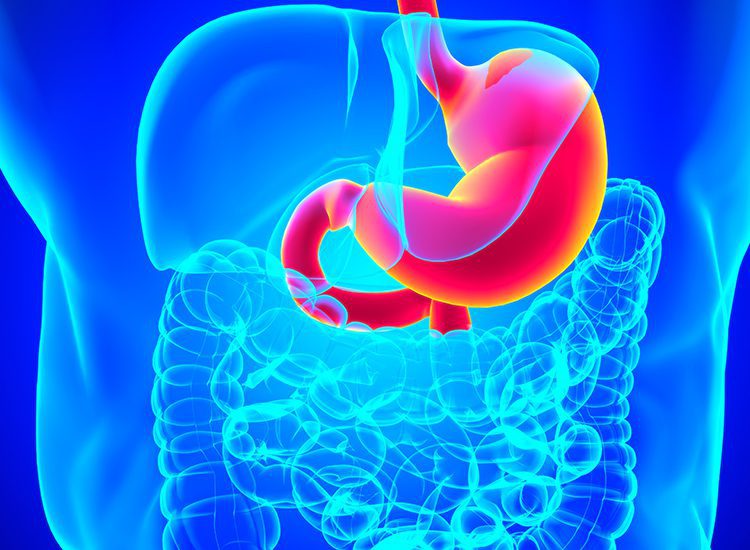
The gut produces and regulates several key neurotransmitters, which play a significant role in mood, behavior, and overall mental health. This connection between the gut and the brain is part of the gut-brain axis, a two-way communication network involving the nervous system, hormones, and immune system. Here’s an overview of neurotransmitters made or influenced in the gut:
1. Serotonin (“The Happiness Molecule”)
- Role: Serotonin is essential for regulating mood, sleep, appetite, and digestion.
- Gut Connection: Approximately 90% of the body’s serotonin is produced in the gut by specialized cells called enterochromaffin cells, influenced by gut bacteria.
- Impact on Mood: Low serotonin levels are linked to depression and anxiety, highlighting the importance of a healthy gut for emotional well-being.
2. Dopamine
- Role: Dopamine is a reward-related neurotransmitter that drives motivation, pleasure, and focus.
- Gut Connection: Gut microbes influence dopamine production and release, although most of the dopamine made in the gut affects local digestive processes rather than crossing into the brain.
- Impact on Mood: Disruptions in gut bacteria may affect dopamine signaling, potentially contributing to mood disorders like depression.
3. Gamma-Aminobutyric Acid (GABA)
- Role: GABA is a calming neurotransmitter that reduces stress, anxiety, and excitability.
- Gut Connection: Certain gut bacteria, such as Lactobacillus and Bifidobacterium, can produce GABA.
- Impact on Mood: A healthy gut microbiome may promote GABA production, which helps manage stress and anxiety.
4. Norepinephrine
- Role: Norepinephrine is involved in the body’s stress response, regulating attention, arousal, and the “fight or flight” response.
- Gut Connection: Gut bacteria influence norepinephrine production, particularly during interactions with the immune and nervous systems.
- Impact on Mood: Imbalances can contribute to anxiety or heightened stress responses.
5. Acetylcholine
- Role: Acetylcholine supports memory, learning, and gut motility.
- Gut Connection: Certain gut bacteria can synthesize acetylcholine or its precursors, influencing both cognitive and digestive functions.
- Impact on Mood: Proper acetylcholine levels are critical for focus and emotional regulation.
6. Histamine
- Role: Histamine regulates alertness, immune responses, and digestion.
- Gut Connection: Gut bacteria such as Lactobacillus produce histamine, which plays a role in both gut function and brain activity.
- Impact on Mood: Dysregulation may contribute to issues like anxiety or inflammatory responses.
7. Melatonin
- Role: Melatonin regulates sleep and circadian rhythms.
- Gut Connection: The gut produces melatonin independently of the pineal gland, influenced by serotonin levels.
- Impact on Mood: A healthy gut promotes melatonin production, aiding sleep and mood stabilization.
Gut Microbiome’s Role in Neurotransmitter Production
- Key Bacteria: Specific strains of gut bacteria, such as Lactobacillus and Bifidobacterium, are heavily involved in producing or modulating neurotransmitters.
- Short-Chain Fatty Acids (SCFAs): Produced by gut bacteria, SCFAs like butyrate influence neurotransmitter production by affecting the brain-gut connection and inflammation levels.
Implications for Mood and Health
Disruptions in gut health (e.g., dysbiosis or leaky gut) can negatively affect neurotransmitter production and balance, potentially leading to mood disorders, anxiety, depression, and even neurological conditions like Parkinson’s or autism spectrum disorders.
Focusing on gut health through diet, stress management, and probiotics can optimize neurotransmitter production and improve mental and emotional well-being.




